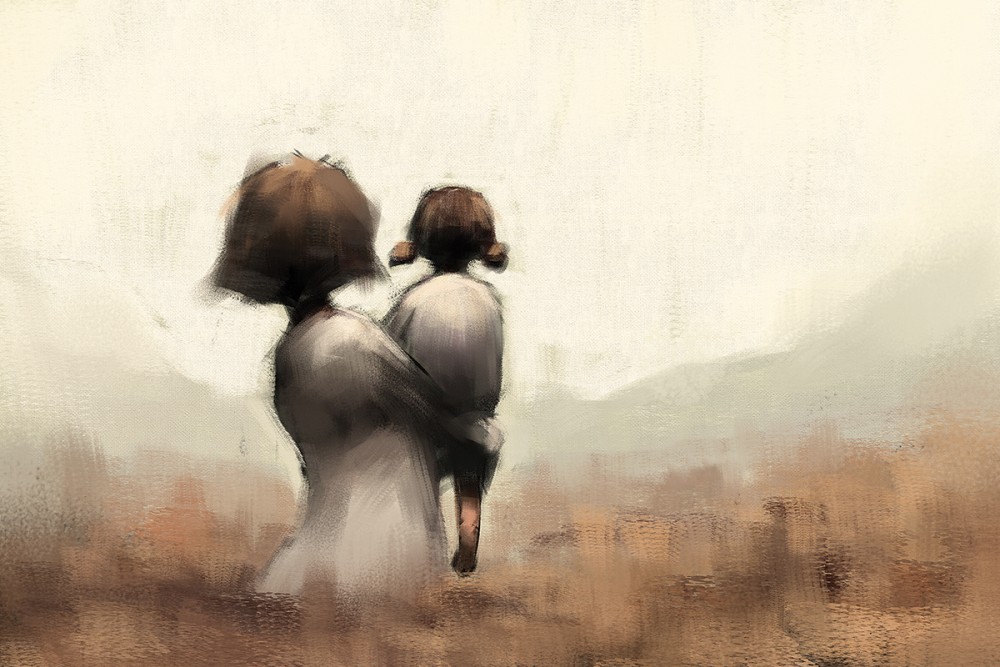
Jewish identity is often understood through the lens of rituals that were developed and practiced primarily by men. This understanding risks placing women on the margins of Jewish life. Narratives in the Hebrew Bible, however, align the central experiences of the people of Israel with female experiences. These experiences are often the primary lens through which God, nationhood, and teaching all are understood. A closer look at these narratives can radically shift our understanding of what it means to be an observant Jew.
Take for example a story in which God and Moses are in the midst of a blowout fight. Some rabble-rousing Israelites who have complained about the lack of food in the desert have ignited God’s anger, and they have been consumed by fire. Panicked by this event and by their vulnerability in the wilderness, the people confront Moses and demand that he provide them with sustenance:
The Israelites wept again, and said, “If only we had meat to eat! We remember the fish we used to eat in Egypt for nothing, the cucumbers, the melons, the leeks, the onions, and the garlic; but now our strength is dried up, and there is nothing but all this manna to look at.” (Num. 11:4–6)





